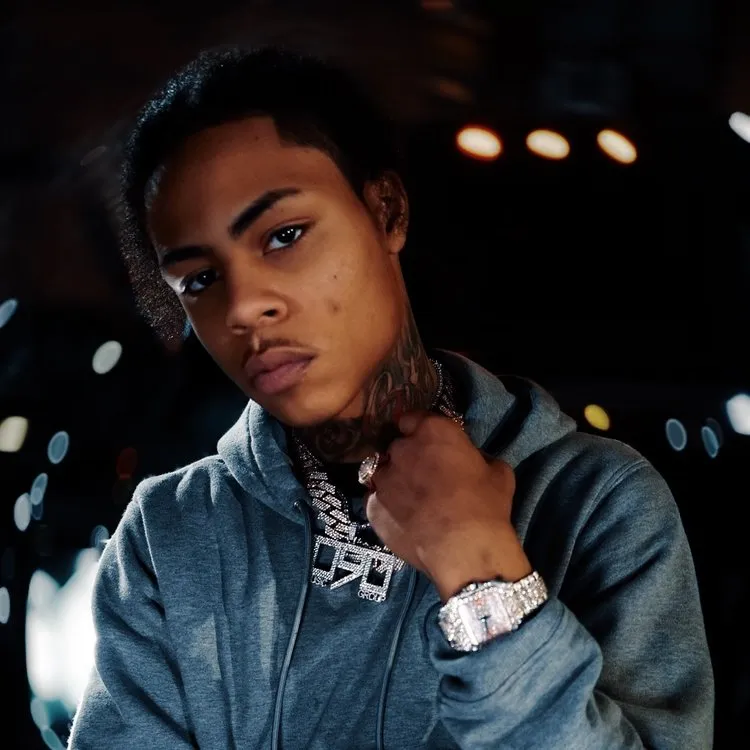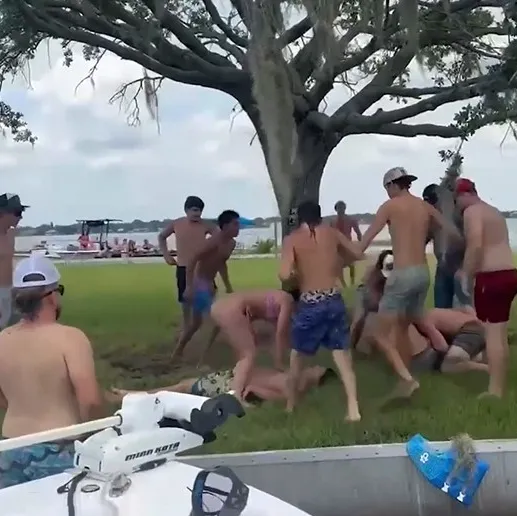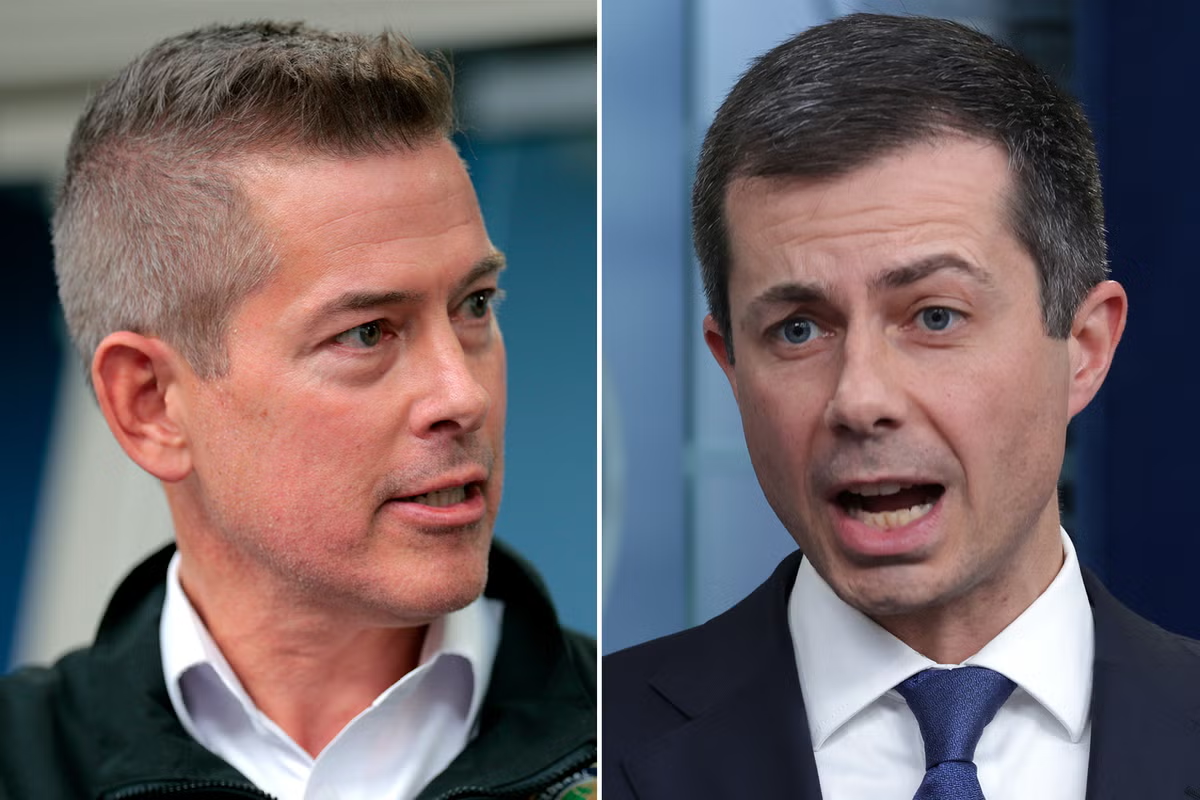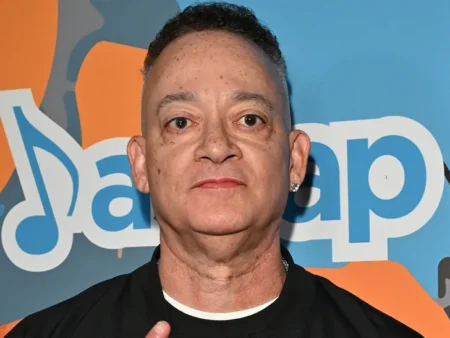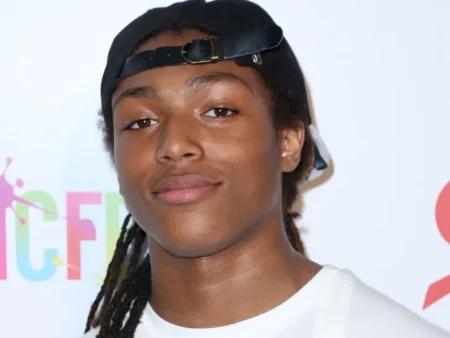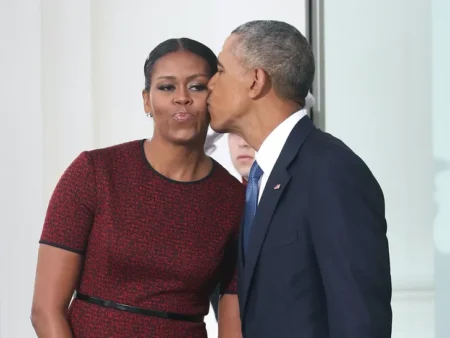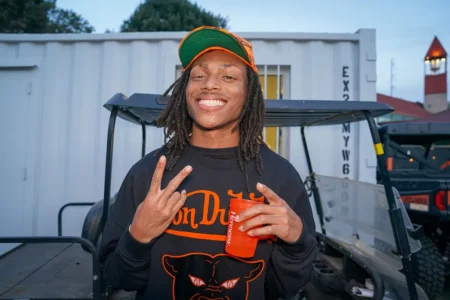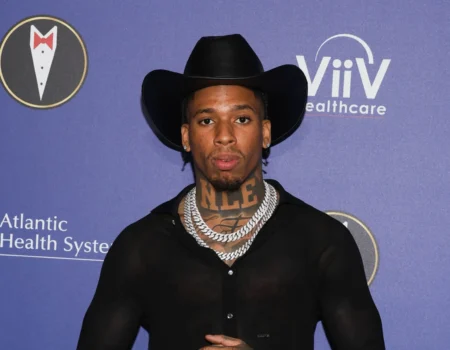Bronx drill rapper Kay Flock is facing the possibility of life in prison as federal prosecutors seek to use his lyrics as evidence of murder and gang activity. The case has reignited the controversial debate over whether rap music should be admissible in court as criminal evidence.
Prosecutors Claim Lyrics Are Confessions to Real Crimes
Government attorneys have filed motions to introduce Kay Flock’s music videos and lyrics as evidence, arguing they serve as confessions to actual violent acts. The 21-year-old artist, whose real name is Kevin Perez, has been charged with racketeering conspiracy and murder in aid of racketeering. Authorities claim he is a key figure in the Bronx-based Sev Side/DOA gang, allegedly linked to multiple acts of violence.
Prosecutors specifically allege that Perez played a central role in the December 2021 shooting of Hwascar “OY Wasca” Hernandez. They argue that his lyrics are not just artistic expression but direct admissions of criminal activity.
“The limited number of rap videos the government seeks to admit directly relate to the charged racketeering enterprise and specific predicate acts in the indictment,” stated Acting U.S. Attorney Matthew Podolsky. “In those videos, Perez describes his involvement in specific acts of violence.”
Defense Team Denounces the Move as an Attack on Hip-Hop
Kay Flock’s defense team has strongly opposed the prosecution’s use of his lyrics in court, calling it an unfair and biased attack on Hip-Hop artists, particularly Black and Latino rappers. They argue that drill music often blends reality with exaggeration and storytelling, making it unreliable as criminal evidence.
The defense also emphasizes that Kay Flock’s song Who Really Bugging is being unfairly used as proof of criminal activity, despite rap lyrics traditionally being metaphorical and performative.
The Charges and the Ongoing Case
Kay Flock was initially arrested in December 2021 on a first-degree murder charge in connection to Hernandez’s death. His legal team maintains that the shooting was an act of self-defense. In February 2023, federal authorities escalated the case, indicting him and seven others for their alleged involvement in at least seven Bronx shootings between June 2020 and February 2022.
If convicted, Kay Flock faces a mandatory life sentence. His case has become a focal point in the ongoing debate over the use of rap lyrics as evidence in criminal trials.
The Larger Debate: Should Rap Lyrics Be Used in Court?
Kay Flock’s case has reignited concerns about the legal system unfairly targeting Hip-Hop artists. Advocacy groups and music industry professionals argue that prosecutors disproportionately use rap lyrics as evidence while other forms of art—such as literature, film, and television—rarely face the same scrutiny.
Legal experts highlight the potential for racial bias, pointing out that no other genre of music is subjected to the same level of legal examination. Many artists and activists believe that using lyrics in court can set a dangerous precedent, limiting creative freedom and misrepresenting artistic expression as literal truth.
What’s Next for Kay Flock?
As the legal battle continues, the outcome of Kay Flock’s case could have lasting implications for both the criminal justice system and the music industry. If his lyrics are admitted as evidence, it could pave the way for similar prosecutions against other artists. However, if the defense successfully argues that his music should be protected as artistic expression, it could strengthen efforts to limit the use of rap lyrics in criminal trials.
For now, Kay Flock remains behind bars, awaiting a legal decision that could shape the future of Hip-Hop and its intersection with the law.




